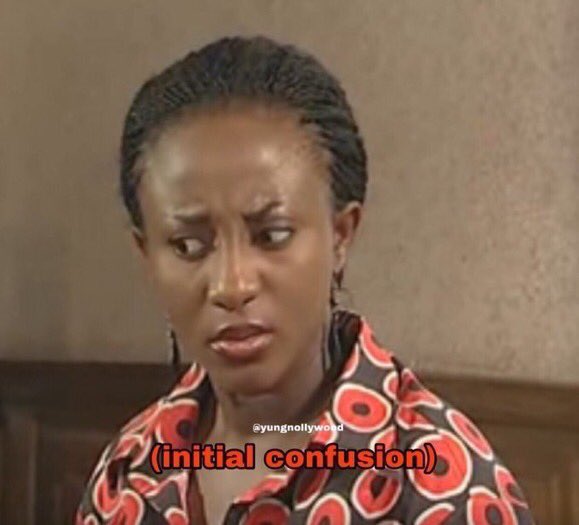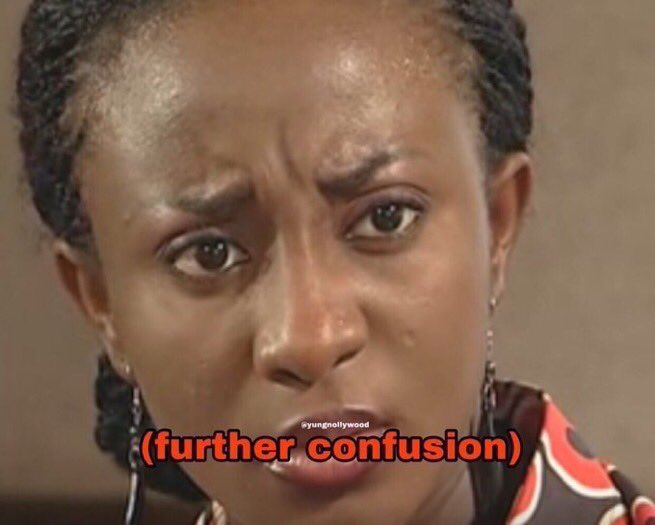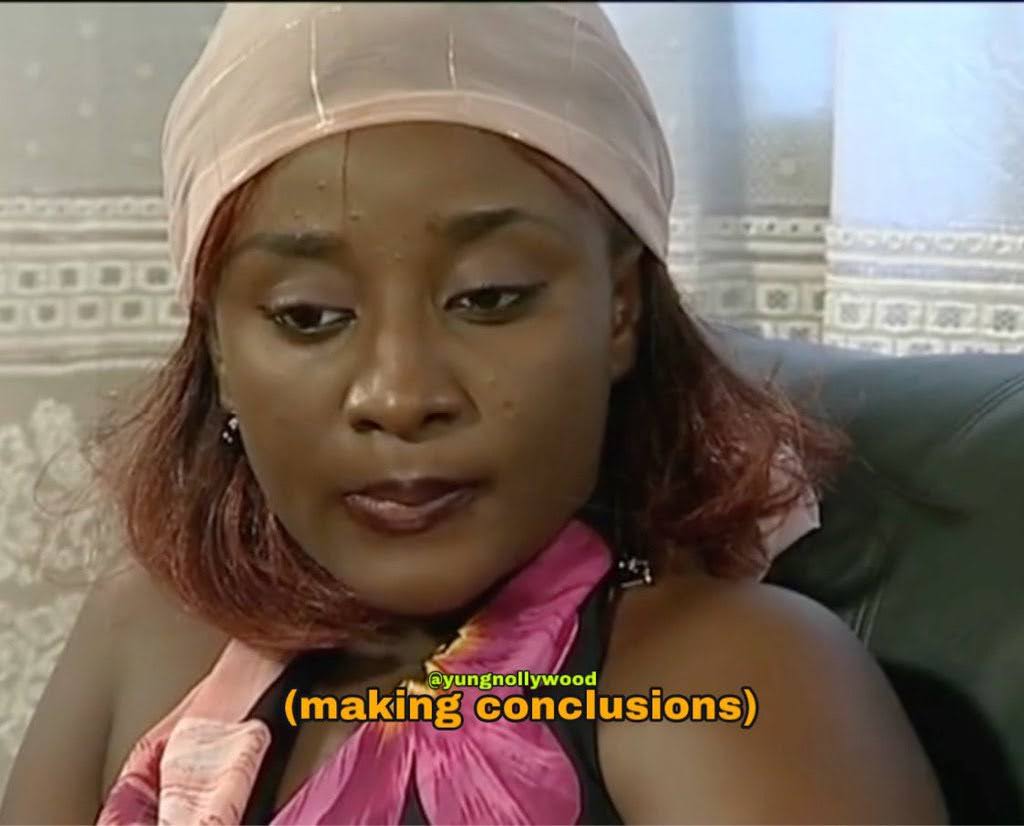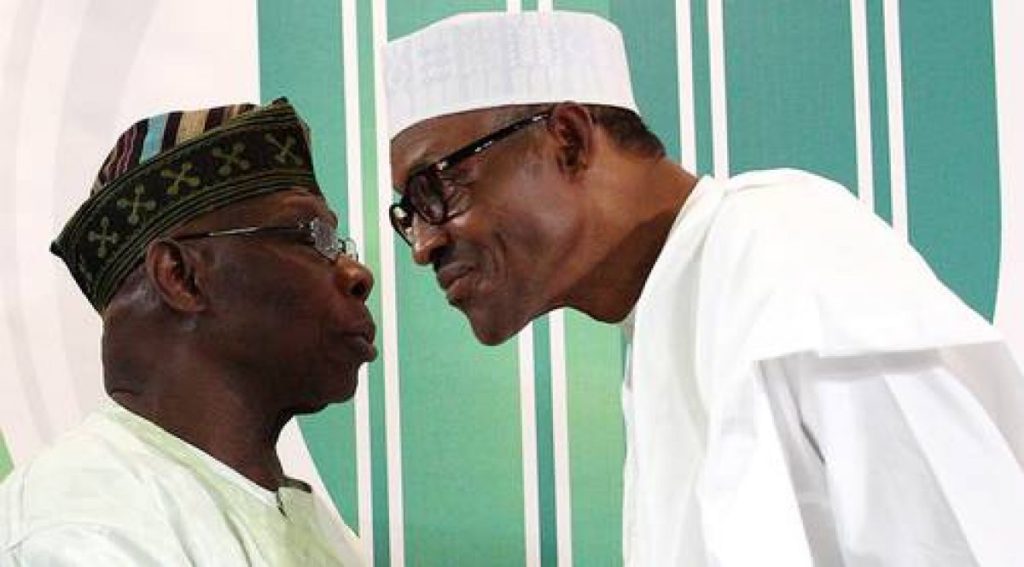While the build-up to the 2023 general elections signals us to dust off our voter’s cards ahead of the polls, as Nigerians, the year before elections also means we should get ready for a lot of political terms and remixed promises from 2019. Over the years, we have noticed that zoning is one thing that seems to pop up every time politicians smell a presidential election. Zoning is so controversial that parties, their candidates and their supporters are willing to drag themselves through the poteaux-poteaux to prove it’s their turn. But what exactly does it mean? Is it even legal? We put on our detective hats and this is what we found out.
What does zoning mean?

Since transitioning from military to civilian rule, Nigeria’s two “main” political parties — the ruling All Progressive Congress (APC) and its opposition, the People’s Democratic Party (PDP) — have practiced presidential zoning. What this means is that the parties agree (separately, of course) to split their presidential and vice-presidential candidates between the North and South with the origin area of each candidate rotating between these two regions. Still complicated? Well, breaking it down, this means that not just anybody can run for the highest office in the land. Before you run, you have to know the geo-political zone of the current president and if you’re both from the same place, omo, you’ll just have to settle for vice president or wait for the next election year.

For example, according to the zoning process, since President Bubuski is from Katsina state (North-West Nigeria) and has held power for eight years, his successor should be from a region in the South, and after another eight years, the North again. It’s the circle of life Nigerian politics.
To avoid stories that touch, parties try to adhere to the zoning process by presenting candidates whose zones give them a shot at Aso Rock — most parties will be pushing Southern candidates this year for sure.

When did we even start this zoning thing?

Zoning in party politics can be traced back to 1995 after the annulled elections of June 12, 1993, where M.K.O Abiola was announced the winner. Apparently, a couple of political jagabans at the General Sanni Abacha Constitutional Conference led by Dr. Alex Ekueme and Chief Emeka Odimegwu Ojukwu had championed the cause of rotating the presidency among the country’s six geo-political zones. However, it wasn’t until the general elections of 1999 where the two main parties presented candidates from the South, that zoning actually kicked off in full force.
1999 saw the election of former military leader, Olusegun Obasanjo from Ogun state (South-West Nigeria). Obasanjo was replaced by Umaru Musa Yar’Adua from Katsina state (North-West Nigeria), whose tenure was cut short following his death. This led to the entry of Yar’Adua’s vice president at the time, Goodluck Ebele Jonathan from Bayelsa state, shifting the presidency to the South-South albeit too soon. Despite the controversy surrounding his bid, Jonathan won his first official term in 2011 before losing a second term to our current president.
Why did zoning start?

Zoning was designed to be a solution to the deep sense of injustice people from the South felt after the annulment of the 1993 elections and the assassination of their candidate, M.K.O Abiola. That is why in the first major elections of 1999, most of the candidates were from the South.
But on a larger scale, it was created to ensure that no zone or area in the country hoards power all to itself. The presidency was meant to rotate in a way that promotes inclusion for all, so if you don’t feel like your zone is in power now, there’s a high chance it could change by the next election.
But is zoning legal?

Zoning isn’t included in the Nigerian constitution. According to Section 131 of the constitution, a person will be qualified for election to the office of president if they’re a citizen of Nigeria by birth; forty or over forty years of age; a member of a political party willing to sponsor them; have been educated up to at least School Certificate level (This is the one that is always biting our leaders in the bumbum).
However, it’s important to note that Section 14 (3) of the same constitution requires that the composition of the government and all its agencies must reflect different zones and regions in the country, ensuring that “there shall be no predominance of persons from a few states or a from a few ethnic groups or other sectional groups in that Government or any of its agencies.” This shows that for peace to reign, it’s important that positions of power be distributed evenly.

All in all, zoning isn’t in the Nigerian constitution, however, it’s in the constitution of some parties. For example, Article 7 of the Constitution of the PDP states that the party will adhere to the policy of the rotation and zoning of Party and Public elective offices in pursuance of the principle of equity, justice and fairness.
What does it mean for the 2023 presidential elections?

According to the further math of zoning, Bubu is to be replaced by a successor from the South. So far, over five candidates have indicated interest from that region. That being said, zoning isn’t enshrined in the constitution so it can be contested. But will it though?
While zoning provides stability and equality in its own right, now more than ever, it’s important that we choose candidates based on qualifications and potential, as opposed to religious or ethnic sentiments. Waiting another four years to rewrite a mistake is a long time abeg, so let’s vote with sense this year. T for Tenks.




